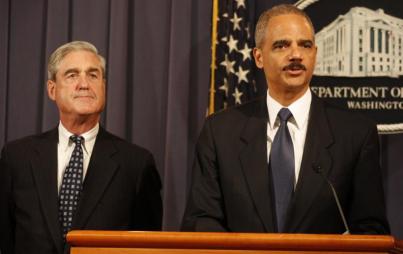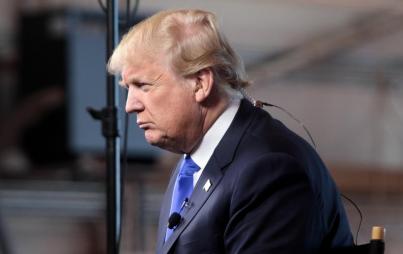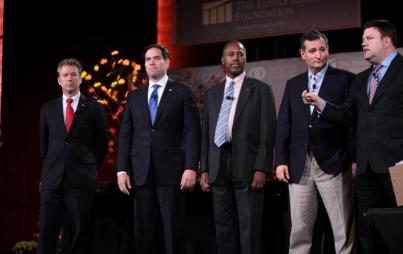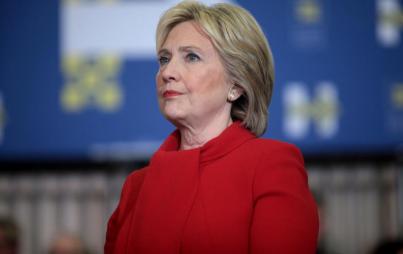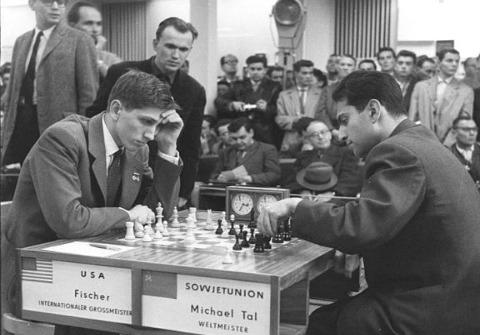
“Sanctions” is the word when it comes to U.S. (and increasingly EU) action toward Russia after the whole Crimea fiasco. But what exactly do sanctions entail, beyond finger wagging, and what effect do they have, if any?
Let’s break it down.
Reporter Zoe Chase compares sanctions to a game of chess: “The first few moves are pretty standard and the game is won or lost down the line.”
Move 1: Punish the specific people involved in the unacceptable action.
Crimea translation: On Monday the U.S. created a list of 11 people disallowed from doing business with or traveling to the United States, including the new prime minister of Crimea. Any personal accounts with American financial institutions are off-limits—including U.S. credit card companies and banks.
That's eleven people’s personal accounts. How much broad effect does that have? Not much. But there is always another move to escalate sanctions, leading us to . . .
Move 2: Expand the list to more people and even companies.
Crimea translation: President Obama just reached farther into Putin’s inner circle, expanding sanctions to an additional nine people, plus four Russian banks. Visa and MasterCard are now refusing to handle any transactions connected to these banks, meaning the mostly high-ranking Russian officials who have accounts at that bank, can’t use these credit cards anywhere.
Now we’re getting some traction. Following this move, a rating agency lowered its Russia credit rating out of concern over fall-out from sanctions.
Move 3: Keeping riding those expansions if the aggressor country doesn’t back off. Here’s where the chess game gets less clear-cut, and involves trickier tradeoffs to evaluate—we don’t want to cut off our nose to spite our beautiful patriotic face!
Crimea translation: Obama has said the U.S. will issue more sanctions if Russia’s military drives farther into Ukrainian territory. This could delve into Russian businesses, which can quickly start hurting the country a lot more. The majority of international trade is conducted in U.S. dollars, so cutting off Russian businesses from everyone who does commerce in dollars is a proverbial swift kick to the groin. But we don’t want to push too far unnecessarily, and end up with blow-back.
Move 4: This is the final step—cutting off trade. It’s the most effective, but also the most detrimental for the broader populations of both sanctioner and sactionee, as well as the global economy. But no one is anywhere close to this yet.
Even short of the mutual damage of trade-prohibition, sanctions can easily turn into a tit-for-tat scenario. Already Russia has retaliated with sanctions against nine U.S. officials (including Harry Reid and John McCain, who joked about having to cancel his vacation to Siberia). But here American exceptionalism really shines: we tend to have more power to hurt other countries, and less weakness to their countermeasures, since the global economy largely hinges on the U.S. (remember how pretty much everybody’s economies went to sh*t after our financial meltdown?).
The outcome of sanctions efforts is hard to predict. Sanctions ultimately brought Iran to the table over de-escalating their nuclear program. But they have seemed largely ineffectual inH changing the bad boys of North Korea and Syria. In any case, the U.S. and Europe are clearly fatigued over the wars in the Middle East, and have no inclination mire troops in another major conflict. And so sanctions it is! Image: commons.wikimedia.org



